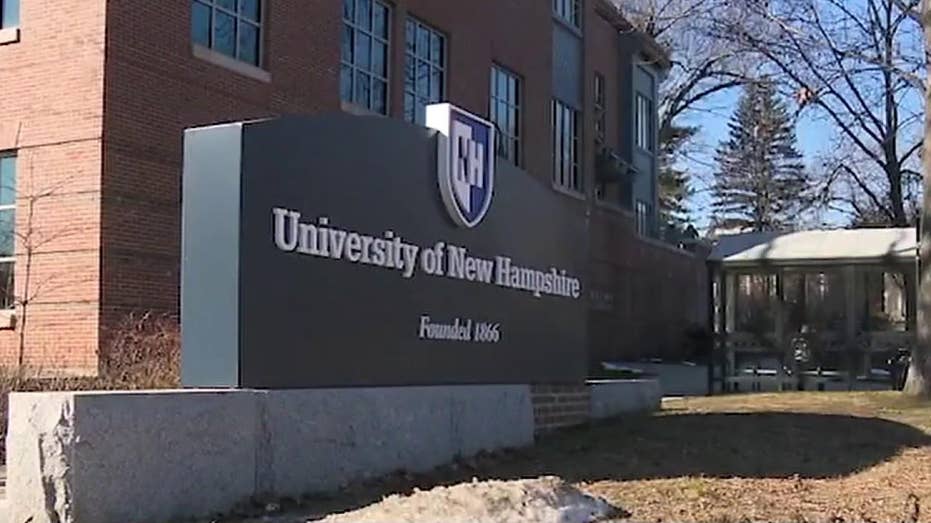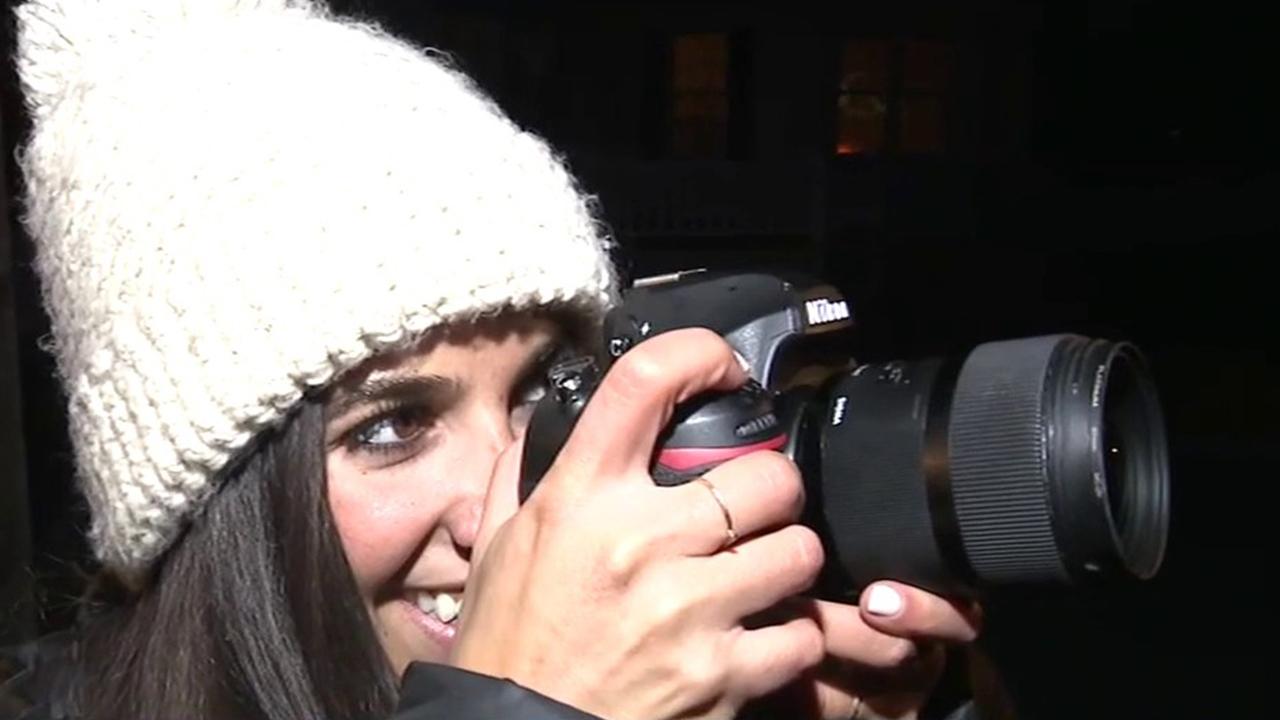Student loan debt driving students to drop out; one New Hampshire man is trying to stop it
For many college students, the cost of higher education goes beyond tuition
For 22 years, Larry Brickner-Wood has made it his mission to help students at the University of New Hampshire find their place.
Brickner-Wood is the executive director for the Waysmeet Center, a small dorm that offers desperately needed affordable housing to college students.
“I wish we had three times the amount of rooms we do, but we don't,” Brickner-Wood told FOX Business.
STUDENT LOAN DEBT SURGES IN NEW HAMPSHIRE AS 2020 DEMOCRATS PROMISE TO ERASE IT
For many college students, the cost of higher education goes beyond tuition. The added cost of books, board and basic needs pile up.
“There’s a growing incidence of food insecurity on state campuses. Twenty-five percent to 40 percent of students are food insecure,” Brickner-Wood said. “Students are trying to make ends meet just like the general public. Something's got to give and a lot of times it is food. Food can fall by the wayside.”
GET FOX BUSINESS ON THE GO BY CLICKING HERE
The center offers a food pantry to students on- and off-campus called the Cornucopia, which was founded in 1997.
“Originally, it was there to serve students,” Brickner-Wood said. “And now it serves people from 13 different communities.”

Brickner-Wood has seen hundreds of students come through his doors and leave with thousands of dollars in debt – some who can’t ever pay it off and others who have to drop out before they are finished pursuing their degree.
“We're losing students that simply the only reason not to come, or not to come back, to UNH is because of the cost.”
One of the students he’s helped prosper post-college is Raya Al-Hashmi, a UNH grad who now runs her own successful photography business.
“He would advocate for me and my photography and helped me push that passion forward,” Al-Hashmi said.
BEST STUDENT LOANS FOR PARENTS: PLUS VS. PRIVATE
But she didn’t stumble into success. When Al-Hashmi graduated, she had more than $30,000 in student loans. Instead of landing her dream job right out of college, Al-Hashmi worked jobs that weren’t the type she’d imagined. Al-Hashmi spent time working as a cocktail waitress and a nanny and still couldn’t pay off her debt.
Working minimum wage wasn’t working, so she decided to risk taking on more debt and start her own photography business. It wasn’t an instant payoff, however. It took work and sacrifice, but it’s grown into a business that boasts partnerships with big brands.
“I didn’t go out on weekends,” Al-Hashmi said. “I didn’t go on vacation. I didn’t buy a coffee sometimes. Every little thing I did was directly going to be contributing to growing my business and paying off my student loans.”
PRIVATE STUDENT LOAN REPAYMENT OPTIONS
She said having debt forced her to think outside the box when it came to a career choice and drove her to build a strong brand.
“If I, perhaps, maybe didn’t have that student loan debt, maybe I wouldn’t have been pushed to figure out something different.”
Brickner-Wood has seen hundreds of college students struggle but still isn’t convinced that promises of tuition-free college or wiping out all of a student’s debt is the answer.
“I’m not a politician, so I don't want to pretend to know more than people, regardless of their ideological perspective,” he said. “But I think something has to be done.”
HOW TO GET THE STUDENT LOAN INTEREST TAX DEDUCTION
Brickner-Wood said there needs to be a thorough examination of what has driven costs up and certain aspects of higher education should be examined – like getting students through school faster to minimize the buildup of debt.
“I think something has to be done, but I'm not sure just forgiving it outright is the best thing to do,” Brickner-Wood.
CLICK HERE TO READ MORE ON FOX BUSINESS
But, his work isn’t over. Now, Brickner-Wood’s goal is to expand the Waysmeet Center, where students have had to wait years for a room because demand is so high.
“It’s as big of a problem as it's been in my lifetime,” he said. “And it's not because people are not trying to work on it … We do lose a fair amount of students who just simply can’t afford to come back, and that’s a loss for us. Many times they don’t finish college – and that’s a loss for society.”




















